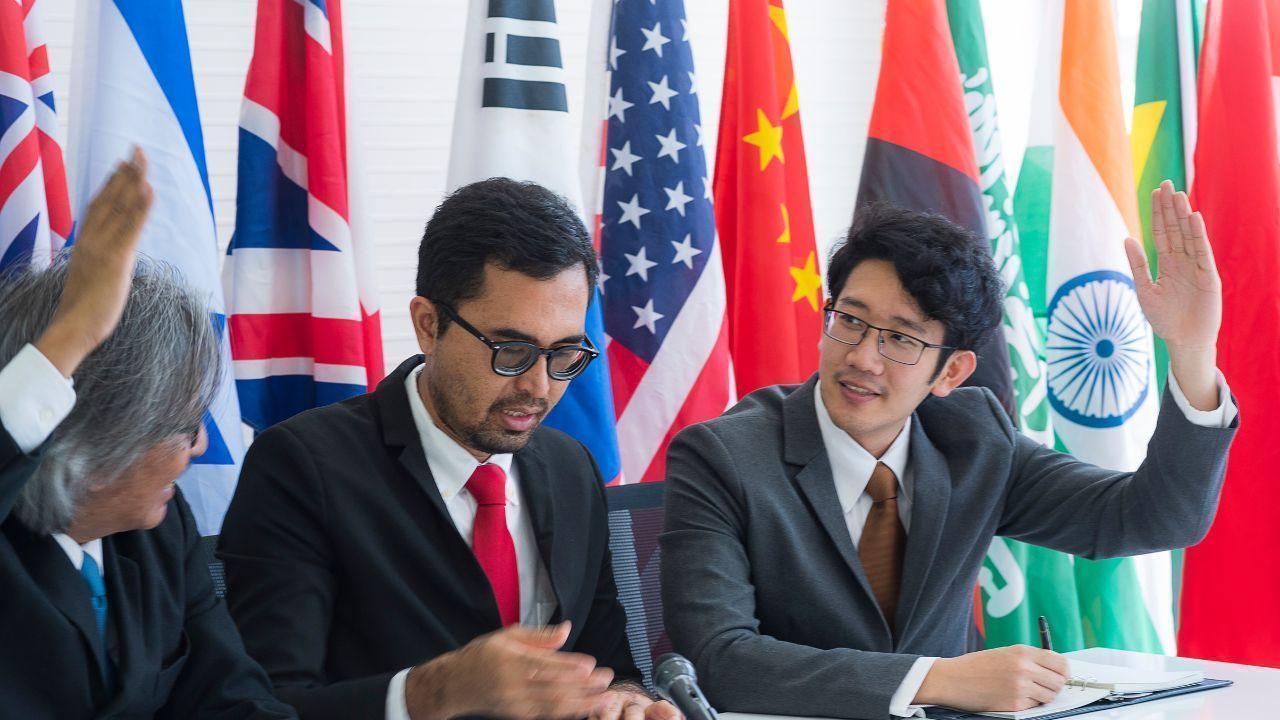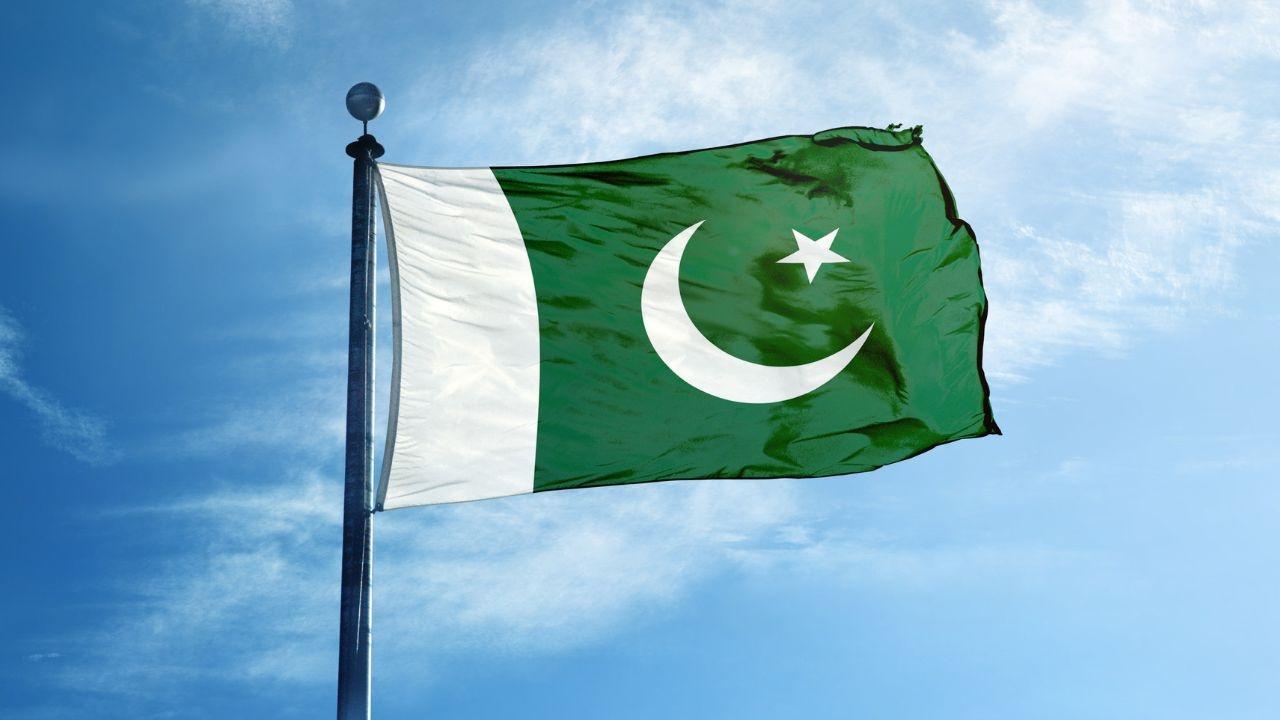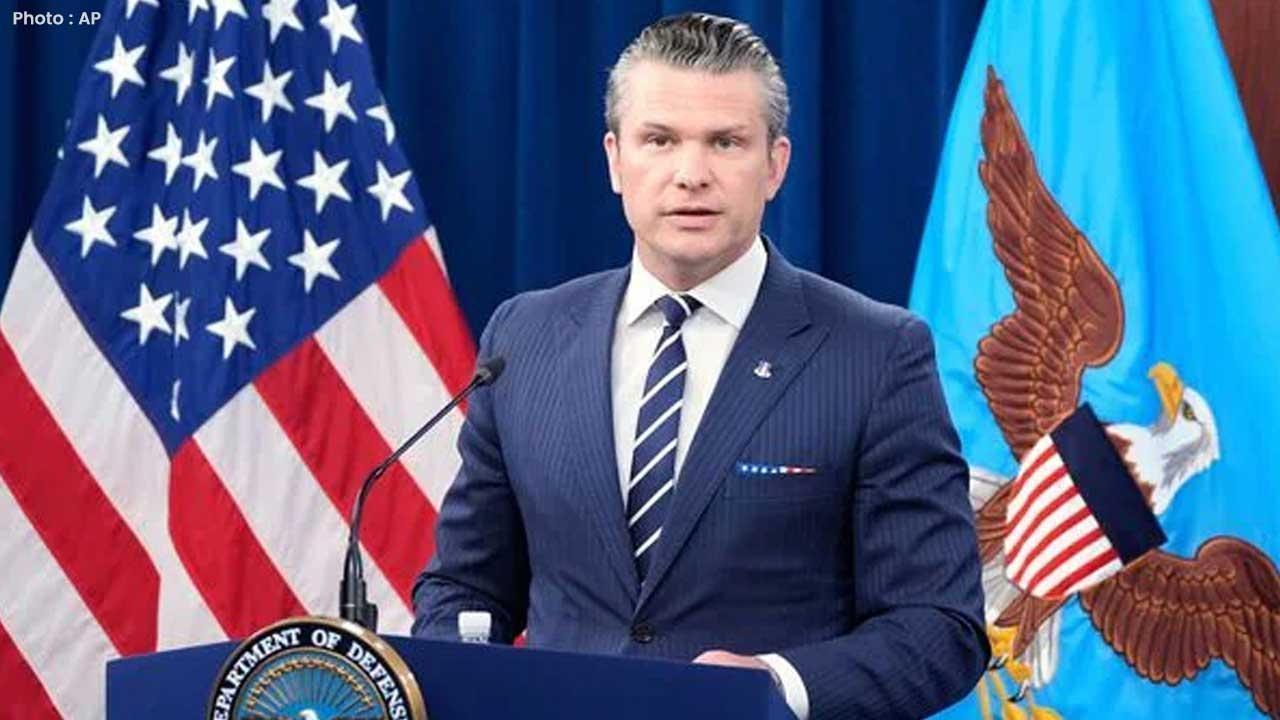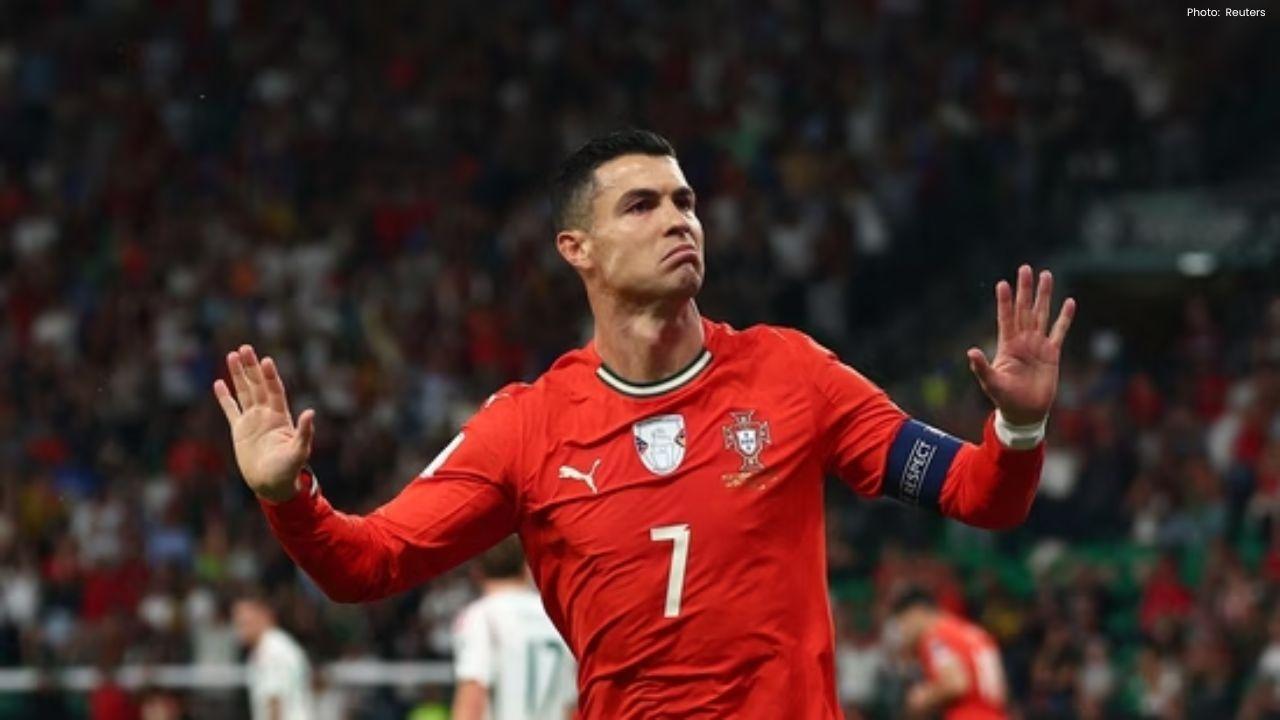
Post by : Vansh
In a world often dominated by loud headlines of conflict and crisis, the real victories for peace often happen behind closed doors—through calm discussions, persistent effort, and skilled diplomacy. This is the realm where international negotiation silently shapes the future of nations. Though less visible than military might, diplomacy and dialogue have proven time and again that words can win wars, prevent bloodshed, and build bridges between rivals.
This article explores how international negotiation plays a powerful role in maintaining global peace, solving disputes, and rewriting the course of history—without firing a single shot.
At its core, international negotiation is about two or more parties coming together to resolve differences, align interests, or avoid conflict. It is the tool diplomats use to maintain alliances, defuse tensions, and foster cooperation in a world filled with competing national agendas.
While war and violence might seem like the ultimate show of power, history proves that negotiations have often prevented global catastrophes. From arms control agreements to trade pacts and ceasefires, quiet talks have created some of the most important international outcomes.
Unlike force, diplomacy seeks long-term solutions. Military action may produce short-term results, but only mutual understanding, compromise, and strategic negotiation can ensure sustainable peace.
Some of the greatest turning points in world history happened not on battlefields, but in negotiation rooms.
1. The Camp David Accords (1978):
Brokered by U.S. President Jimmy Carter, this peace agreement between Egypt and Israel ended decades of hostility. Egyptian President Anwar Sadat and Israeli Prime Minister Menachem Begin shook hands after 13 days of tense talks—proving that international diplomacy can break even the deepest divides.
2. The Cuban Missile Crisis (1962):
When the U.S. and the Soviet Union stood on the edge of nuclear war, it was backchannel communication and skilled negotiation between President John F. Kennedy and Nikita Khrushchev that de-escalated the crisis. The world was saved from disaster—without a single weapon fired.
3. The Iran Nuclear Deal (2015):
Though controversial, the deal known as the Joint Comprehensive Plan of Action (JCPOA) was the result of long, tough diplomatic negotiations between Iran and six world powers. It slowed down Iran’s nuclear development through peaceful agreements instead of conflict.
These examples reflect the quiet power of international negotiation—it may not always be flashy, but it saves lives, protects resources, and builds the foundation for future stability.
In 2025, the world faces a host of complex global challenges—climate change, cybersecurity threats, territorial disputes, and rising nationalism. At a time when trust between countries is fragile, diplomatic negotiation remains the best hope to avoid escalation and promote cooperation.
Modern diplomacy is not just about treaties and state visits. It’s about constant communication, managing public opinion, and understanding the cultural and political motivations of other nations. Thanks to technology, negotiations now involve virtual meetings, multi-party coalitions, and digital diplomacy strategies.
In an increasingly interconnected world, no nation can afford to act alone. From pandemic responses to international trade to space exploration, shared goals require shared dialogue. This is where diplomacy truly shines—uniting countries around common interests and helping them manage their differences peacefully.
Behind every successful peace agreement is a skilled negotiator. Diplomats are not just political figures—they are expert listeners, problem solvers, and cultural translators. To succeed, they must master a number of key skills:
Active listening: Truly understanding the other side’s position is key to finding common ground.
Patience: International agreements can take months—or even years—to finalize.
Empathy: Recognizing the emotional and political pressures each party faces helps maintain respect and momentum.
Strategy: Knowing when to give, when to hold firm, and when to walk away is crucial.
Clarity: Diplomatic language must be careful, measured, and precise to avoid misinterpretation.
These abilities make diplomacy not just an art, but a craft—one that can prevent wars and create peace through the power of dialogue.
Organizations like the United Nations, European Union, African Union, and ASEAN play a vital role in international negotiation. They provide neutral platforms where countries can meet, share their grievances, and work toward peaceful resolutions.
For instance, the United Nations Security Council often facilitates peace talks in regions plagued by civil war or unrest. Their envoys and mediators work tirelessly behind the scenes to negotiate ceasefires, deliver humanitarian aid, and guide warring parties toward dialogue.
Such platforms demonstrate that global diplomacy is not just about power—it’s about process, persistence, and partnership.
Despite its strengths, international negotiation is facing serious challenges in today’s political climate:
Misinformation and propaganda can disrupt trust between nations.
Authoritarian regimes may prefer force over compromise.
Public pressure can make leaders less flexible at the negotiation table.
Nationalism can weaken global cooperation.
Still, history shows that even the most stubborn conflicts can be resolved through smart, sensitive negotiation. The success of diplomacy depends not just on governments, but on people’s belief in peaceful solutions.
This article is published for informational purposes only by MiddleEastBulletin. The views and data presented are based on publicly available sources and do not constitute official advice. Readers are encouraged to verify facts and consult relevant authorities for further details.










Pageau's Overtime Goal Propels Islanders to 4-3 Victory Over Golden Knights
In a thrilling overtime finish, Jean-Gabriel Pageau leads the Islanders past the Golden Knights 4-3,

MLB Awards: deGrom and Acuna Jr. Shine as Comeback Players
Jacob deGrom and Ronald Acuna Jr. celebrated MLB Comeback Player Awards, alongside Ohtani and Judge

Portugal Confronts Ireland in Pivotal World Cup Qualifier
Portugal, led by Cristiano Ronaldo, faces Ireland in a vital Group F World Cup qualifier that could

Haaland's Brilliance Leads Norway to 4-1 Victory Against Estonia
Erling Haaland showcases leadership as Norway crushes Estonia 4-1, boosting their World Cup ambition

Hawks Triumph Over Jazz; Suns and Raptors Secure Victories
Hawks' Onyeka Okongwu and Jalen Johnson lead in a thrilling win against Jazz; Suns and Raptors also

Indian Men's Recurve Team Clinches First Asian Gold in Nearly Two Decades
The Indian men's recurve team triumphed over South Korea, securing their first Asian gold in 18 year